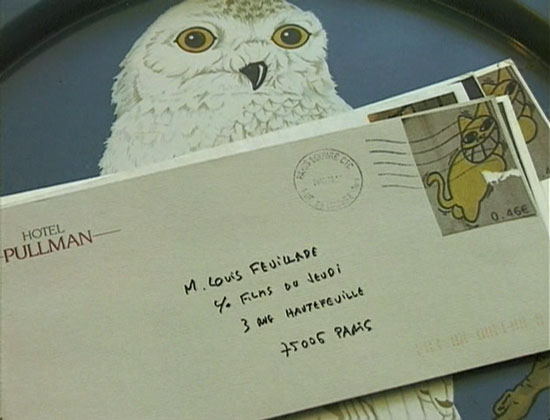(Andrea Arnold / 2011)
Arnold's approach to the material
emphasizes the immediacy of every moment, which works to complicate
overly simplistic ideas of systems of oppression. Here she creates a
world were the abstract matrices of classification (class,
race, gender) are always in operation, determining who can go where, and
what space belongs to whom, but without dehumanizing her subjects into
lifeless statistics or well-meaning liberal charity cases. Instead she
problematizes notions of social progress without claiming that nothing
ever changes: this period piece does not play like a foreshadowing
historical prologue like The White Ribbon. Her relation to space
often undermines concrete notions of privilege and power, as spaces are
constantly invaded and destabilized. Much like Fish Tank (I've yet to see Red Road) her style presents the reckless self-destructive actions of certain
individuals as partly the result of a denial of agency, as a rejection
of class systems, and not (according to prevalent conservative theories)
as the result of the inherit natures of certain people, but as almost inevitable reactions to certain realities.
Wuthering Heights is a sensual complication of the sensual; it problematizes a perceived metaphysical relationship to
existence, which never denies an analytical assessment of social
structure (unlike, say, The Tree of Life which privileges uncritical nostalgia over reflection). But my intention is not to value this masterpiece in opposition to other films, Wuthering Heights has multiple strengths worthy of further analysis, I've merely drawn out a few themes of particular interest to me.
***
It's always frustrating to find a great work that goes undistributed, but something about the total erasure of Wuthering Heights is striking. Arnold, by my count, is among the most interesting young filmmakers at work today, yet this film is totally absent from current American film culture, save for a few scattered festivals. In Chicago it played for a single showing during the European Union Film Festival, while most entries screened at least twice. A wider release was announced by Oscilloscope earlier this year prior to Adam Yauch's death, but nothing has been mentioned since and no information is available on their site.
Although I'd rather not watch this on my tiny laptop screen, sometimes we are not given options. And while it may eventually get North American distribution, my impatience led me to pirate the film. A high quality digital version was already available for quite some time, as the film has made it to DVD in the United Kingdom from Artificial Eye.
While too many films by many types of filmmakers fall in the cracks made by the business of film distribution, it does seem that many art house works directed by women (even successful ones) get stalled so long that the essential buzz evaporates. This was also the case with We Need to Talk About Kevin (also picked up by Oscilloscope). I've noticed a trend, or say a theory of mine, that films that fall into these holes are often denied the end of year discussion or list making, since so many critics, bloggers, and forum users are particular about a films date of debut. While Wuthering Heights first screened in 2011, for most people it was never even an option until 2012 (and still unavailable to most so late in the year). I am by no means saying a conspiracy exists that plots to marginalize women filmmakers by fucking up their criteria for entry into best of lists, only that this confusion/erasure seems to happen quite often, which is magnified when the few who have seen it reject it outright (as in most responses to Kevin).
Most of the 'buzz' surrounding Wuthering Heights is in regards to Heathcliff's "race lift" and it is regrettable that this has monopolized the conversation. A few bloggers that I admire have written in praise of this film, which added to the urgency to see it. I can't recommend it enough, either purchase or pirate this DVD.

